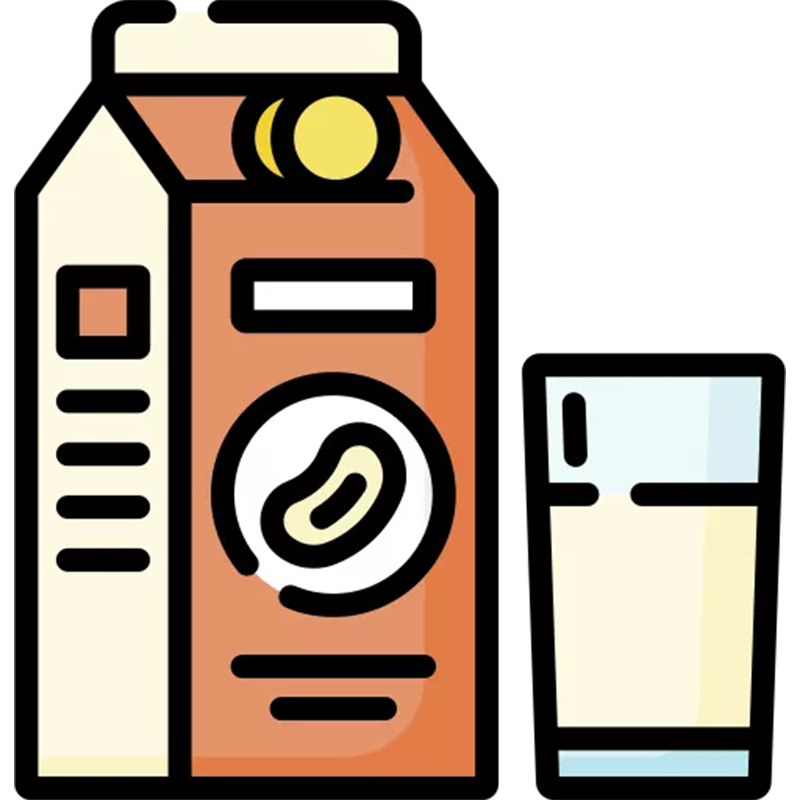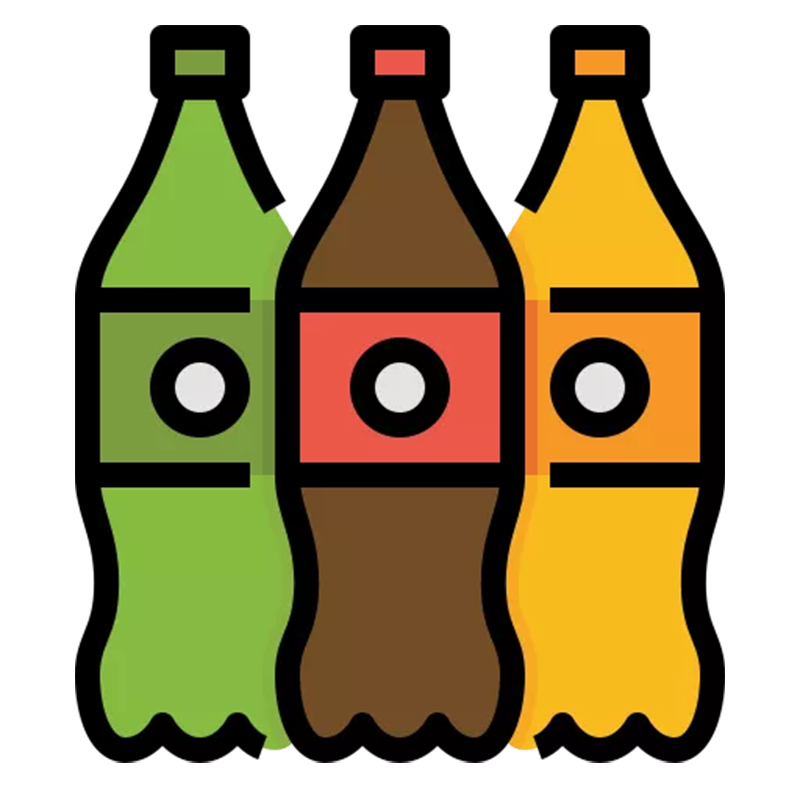Strawberry, chocolate and other flavored milks usually contain a lot of added sugar.
Children under the age of 2 should avoid drinking it, and children aged 2-5 should also drink as little as possible to reduce sugar intake and prevent the formation of a preference for sweetness-drinking flavored milk too early may make it more difficult for children to accept pure milk .
For some children with milk allergy or lactose intolerance, drinking milk may be difficult. Soy milk is nutritionally equivalent to milk and is an acceptable substitute.
But in addition, most plant milks are not nutritionally equivalent to milk, and may lack important nutrients such as protein, vitamin D, and calcium.
Therefore, it is not recommended for healthy children to drink plant milk other than soy milk instead of
pure milk
Baby milk powder is usually advertised by businesses as a transitional product for breast milk or formula milk, but in fact this is unnecessary and does not benefit the child much.
These products usually contain added sugars, which will increase the child’s risk of tooth decay, and the feeling of fullness is strong, which can easily cause the child to reduce their intake of other healthier foods.
Sugary drinks
Sports drinks, fruit drinks and other beverages containing added sugar are harmful to children’s health and may increase the risk of obesity, dental caries, heart disease, diabetes and fatty liver.
Nowadays, many beverages labeled “No Sugar” and “0 Card” actually have sugar substitutes added.
However, whether it is natural sugar substitutes or artificial sugar substitutes, the health risks to children are still unclear. Even if they are low in calories, they are still not recommended for children-after all, a strong preference for sweetened beverages will cause them to dislike boiled water.
Post time: Sep-23-2021




